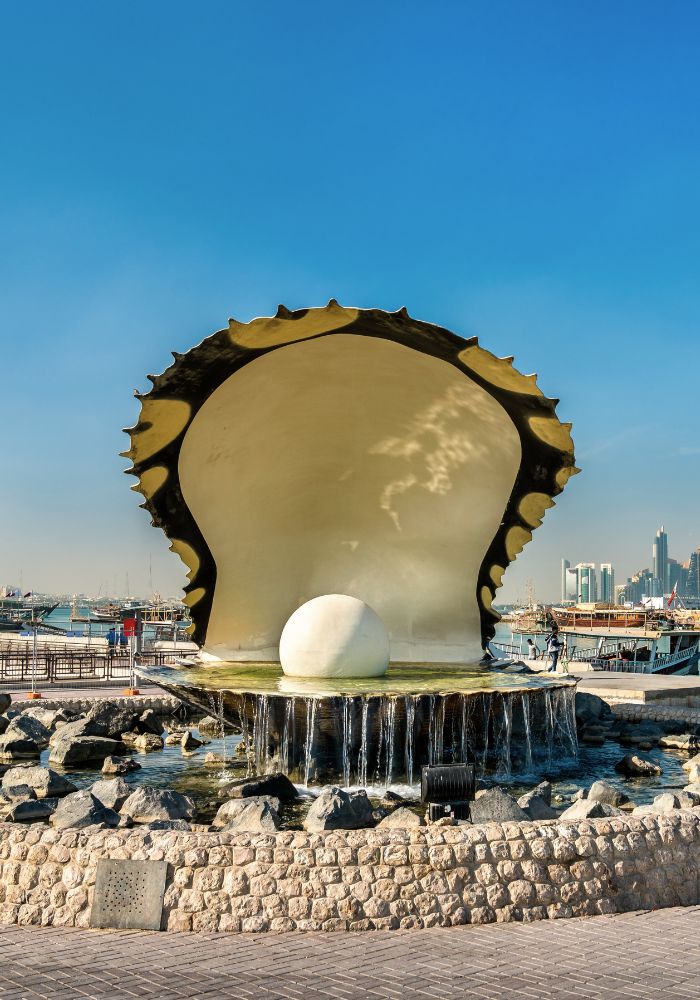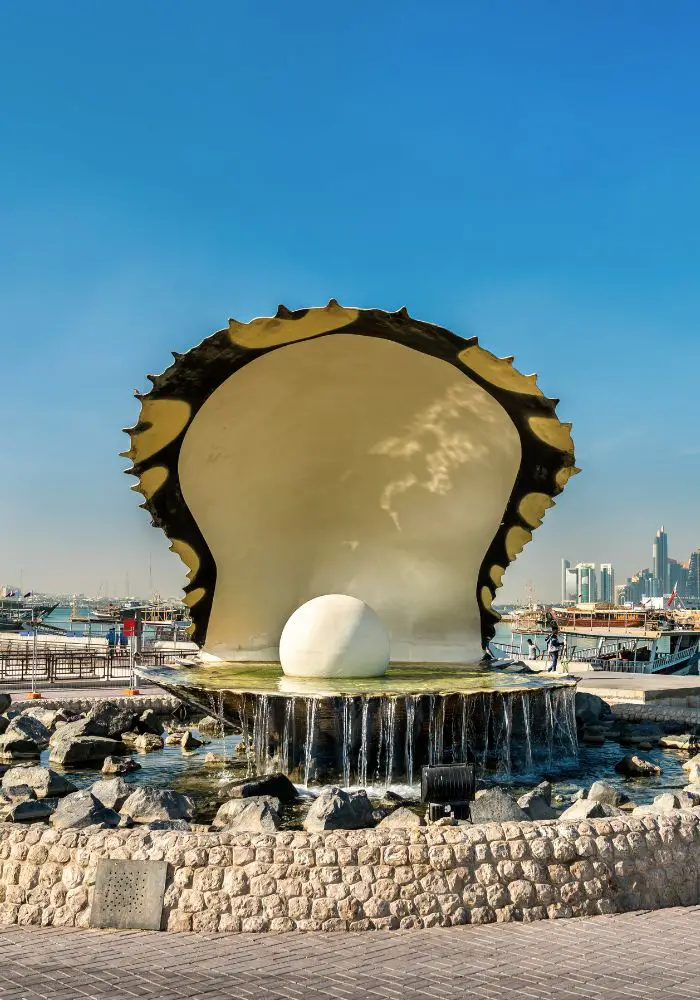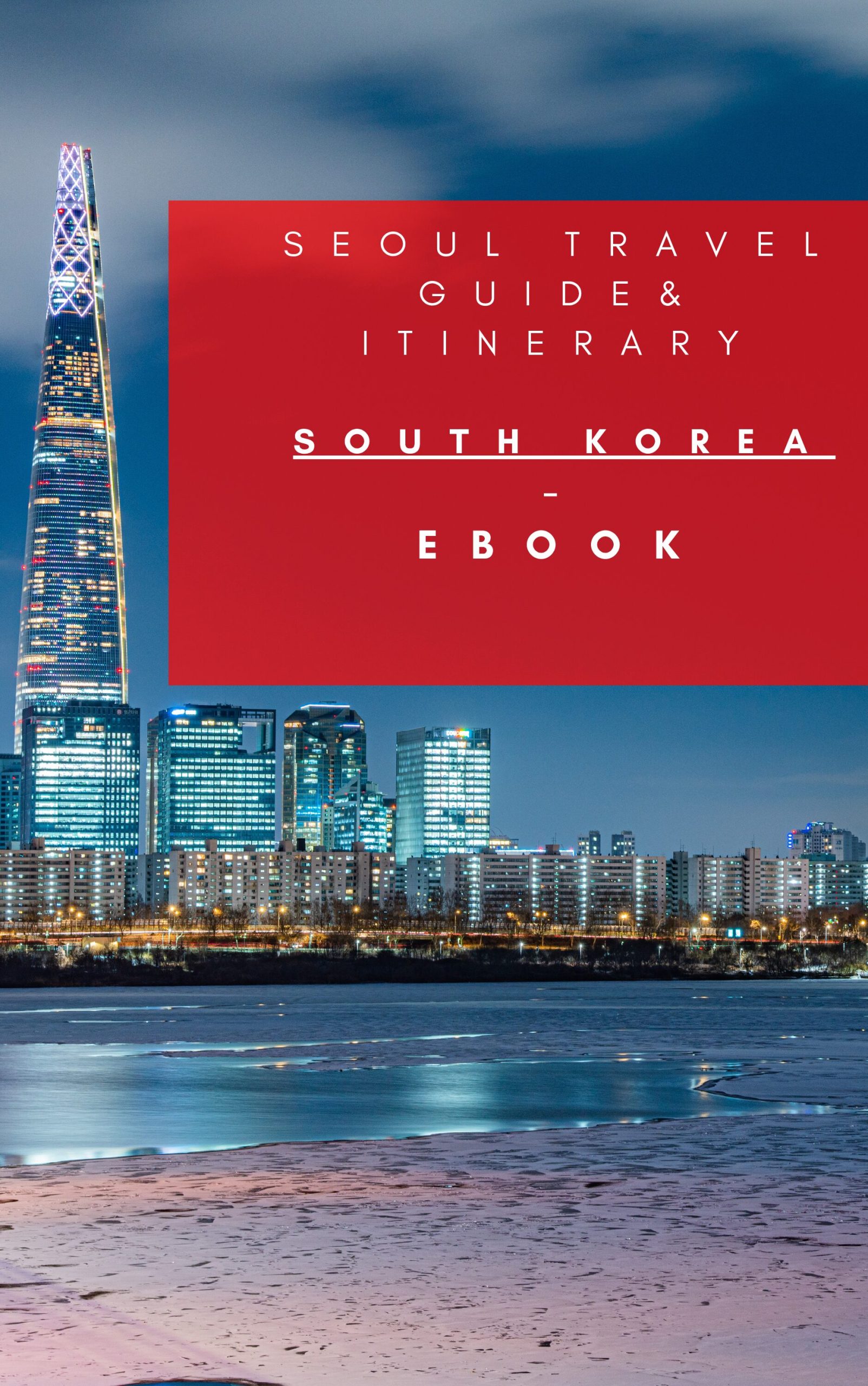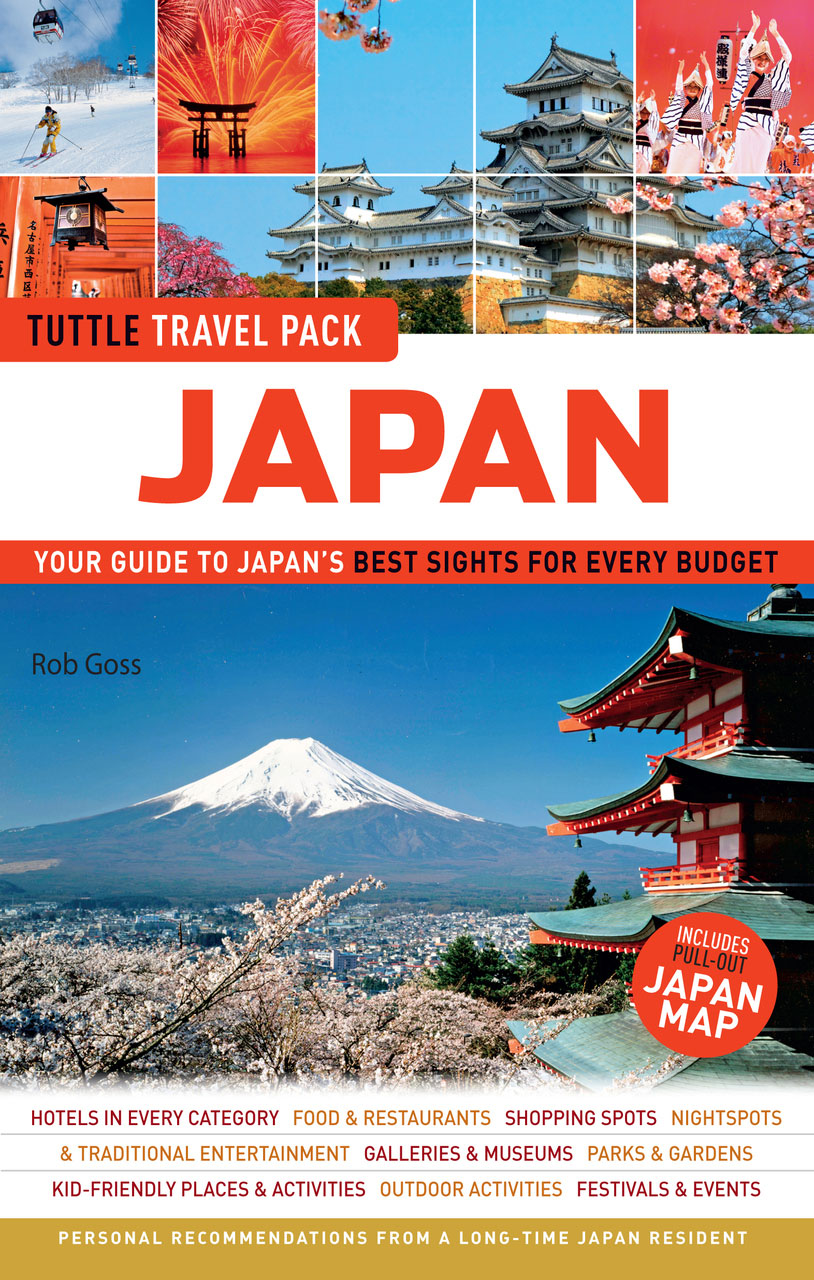
Doha, the shimmering capital of Qatar, is a city of astounding contrasts and rapid evolution. Once a quiet pearl-diving and fishing village, it has transformed into a global metropolis, a beacon of ambition and innovation, while still holding dear to its rich Arabian heritage. From its futuristic skyline that pierces the desert sky to the labyrinthine alleys of its traditional souq, Doha offers a captivating blend of old-world charm and cutting-edge modernity. This article delves into the best places to visit in Doha, exploring its fascinating history, must-see attractions, essential travel tips, and the vibrant tapestry of its culture and cuisine.
A Glimpse into Doha’s Rich History
Doha’s story is one of dramatic transformation, fueled by vision and wealth. Its origins trace back to the early 19th century as Al Bidda, a small settlement that flourished thanks to its strategic location for pearling and fishing. The Al Thani family, who still rule Qatar today, established their control in the mid-19th century, and the city officially became Doha.
Related Articles about Doha: Where Ancient Sands Meet Futuristic Skylines – A Journey Through Qatar’s Vibrant Capital:
- Unveiling Madrid’s Hospitality: A Guide to the Top Hotels and City Treasures
- Barcelona: A Timeless Tapestry of Art, History, and Mediterranean Charm
- Venice: A Labyrinth of Dreams and Waterways
- Australia: A Land of Wonders – Your Ultimate Guide to Adventure
- Aloha Spirit and Volcanic Wonders: Your Ultimate Guide to the Top Things to Do in Hawaii
The early 20th century saw the decline of the pearling industry due to the advent of cultured pearls, plunging the region into economic hardship. However, the discovery of vast oil reserves in the late 1930s and gas reserves later fundamentally altered Qatar’s destiny. After gaining independence from British protection in 1971, Doha embarked on an accelerated journey of development.
The last few decades have witnessed an unprecedented boom, characterized by monumental infrastructure projects, the establishment of world-class cultural institutions, and the hosting of major international events, most notably the FIFA World Cup 2022. This rapid growth has been guided by the Qatar National Vision 2030, aiming for a sustainable and diverse economy. Today, Doha stands as a testament to this ambitious vision, a city that respects its past while boldly embracing the future.
The Crown Jewels: Main Attractions of Doha
Doha’s attractions cater to every interest, from history buffs and art enthusiasts to luxury seekers and adventure lovers.
1. Souq Waqif: The Beating Heart of Old Doha
No visit to Doha is complete without immersing oneself in the timeless charm of Souq Waqif. This bustling marketplace, meaning "standing market," has been meticulously restored to its original 19th-century glory, offering a sensory overload of sights, sounds, and smells. Wander through its labyrinthine alleys, where the aroma of spices, oud, and traditional Arabic coffee fills the air.
Here, you can haggle for exquisite textiles, intricate handicrafts, traditional garments, and sparkling jewellery. The souq is also home to a fascinating falcon souq, where you can observe these majestic birds and learn about their significance in Qatari culture. Enjoy a meal at one of the many authentic Qatari restaurants, sip karak tea in a lively café, or simply soak in the vibrant atmosphere as locals and tourists mingle. At night, the souq truly comes alive, illuminated by traditional lamps, with street performers and musicians adding to its enchanting allure.
2. Museum of Islamic Art (MIA): A Beacon of Culture
Perched majestically on its own artificial island, overlooking the Doha Corniche, the Museum of Islamic Art (MIA) is an architectural masterpiece designed by I.M. Pei, the visionary behind the Louvre Pyramid. Its geometric lines and minimalist design draw inspiration from ancient Islamic architecture, creating a powerful visual statement.
Inside, MIA houses one of the world’s most comprehensive collections of Islamic art, spanning over 1,400 years and representing cultures from Spain to India. Marvel at exquisite ceramics, intricate textiles, ancient manuscripts, and precious jewellery, each piece telling a story of artistic achievement and cultural exchange. Beyond its permanent collection, MIA hosts world-class temporary exhibitions and offers breathtaking panoramic views of the Doha skyline.
3. National Museum of Qatar (NMoQ): The Desert Rose
The National Museum of Qatar (NMoQ) is not just a museum; it’s an immersive storytelling experience housed within an architectural marvel designed by Jean Nouvel. Its distinctive "desert rose" design, inspired by a natural crystal formation found in the Qatari desert, makes it one of the most iconic buildings in the world.
NMoQ takes visitors on a chronological journey through Qatar’s history, from its geological formation and early nomadic life to the discovery of oil and its rapid modernization. Through innovative exhibits, oral histories, and captivating films, the museum brings to life the stories of the Qatari people, their traditions, and their aspirations. The grand finale features a captivating film about the evolution of Doha and Qatar.
4. Katara Cultural Village: Bridging Cultures
Katara Cultural Village is a sprawling complex dedicated to preserving and promoting Qatari heritage and fostering cross-cultural understanding. With its stunning architecture inspired by traditional Qatari design, including a grand amphitheatre, two exquisite mosques (one adorned with intricate blue and gold tiles), and a charming network of alleys, Katara is a feast for the eyes.
Here, you can explore art galleries, attend cultural performances, visit craft shops, and relax on its pristine public beach. Katara also hosts various festivals, workshops, and events throughout the year, making it a dynamic hub of artistic and intellectual activity. The village offers a delightful array of dining options, from casual cafes to fine-dining restaurants.
5. The Pearl-Qatar: An Artificial Riviera
For a taste of luxury and modern living, head to The Pearl-Qatar, an artificial island spanning nearly four million square meters. Often referred to as the "Arabian Riviera," it boasts stunning Mediterranean-style marinas, high-end boutiques, and a plethora of international restaurants and cafes.
Stroll along the picturesque Porto Arabia boardwalk, admire the luxurious yachts, or indulge in some retail therapy at the upscale shops. Venice-inspired Qanat Quartier, with its colourful buildings, canals, and charming bridges, offers a unique European ambiance. The Pearl is a vibrant residential and leisure destination, perfect for an evening out or a leisurely afternoon.
6. Msheireb Downtown Doha: The Sustainable Heart
Msheireb Downtown Doha is a pioneering urban regeneration project that seamlessly blends Qatari heritage with cutting-edge sustainable design. This smart and sustainable city district features a collection of beautifully restored heritage houses, now known as the Msheireb Museums.
These museums – Bin Jelmood House, Company House, Mohammed Bin Jassim House, and Radwani House – offer poignant insights into Qatar’s past, exploring themes like slavery, the oil industry’s impact, the evolution of Qatari family life, and traditional architecture. Msheireb also boasts stylish boutiques, trendy cafes, and public art installations, all within a walkable, eco-friendly environment.
7. Doha Corniche: Skyline Views and Leisurely Strolls
The Doha Corniche is a seven-kilometer-long waterfront promenade that sweeps along Doha Bay, offering spectacular views of the city’s futuristic skyline. It’s a popular spot for leisurely walks, jogging, and cycling, especially during the cooler months.
From here, you can admire iconic landmarks like the Museum of Islamic Art, the Sheraton Grand Doha Resort & Convention Hotel, and the West Bay skyscrapers. Dhow boats, traditional wooden sailing vessels, dot the bay, offering short cruises that provide unique perspectives of the city. The Corniche is also a prime location for capturing stunning sunset photographs.
8. Aspire Zone (Doha Sports City): Green Oasis
Aspire Zone, or Doha Sports City, is a vast sporting complex that played a significant role in the 2006 Asian Games and the 2022 FIFA World Cup. Beyond its state-of-the-art sports facilities, it’s home to Aspire Park, one of Doha’s largest and most beautiful parks.
Aspire Park offers lush green spaces, walking tracks, playgrounds, and a serene lake, making it a perfect spot for families and outdoor enthusiasts. It also houses the iconic Aspire Tower (The Torch Doha), a 300-meter-tall hotel and observation deck, offering panoramic views of the city.
9. Lusail City: The City of the Future
Just north of Doha, Lusail City is Qatar’s newest and largest smart city development, a testament to the nation’s ambitious future plans. Home to the spectacular Lusail Stadium, the venue for the FIFA World Cup 2022 final, this city is still under development but already boasts impressive infrastructure and attractions.
Explore the Lusail Boulevard, a vibrant avenue reminiscent of Champs-Élysées, with luxury boutiques and fine dining. Visit Place Vendôme, a luxury mall inspired by Parisian architecture, or enjoy the waterfront promenade. Lusail offers a glimpse into Doha’s futuristic vision.
Culinary Journey: A Taste of Doha
Doha’s food scene is as diverse as its population, ranging from traditional Qatari fare to world-class international cuisine.
- Local Delicacies: Don’t leave without trying Machboos, Qatar’s national dish – a fragrant rice dish with slow-cooked meat (lamb or chicken) and spices. Other must-try dishes include Thareed (a hearty stew with bread), Harees (wheat and meat porridge), and Luqaimat (sweet dumplings).
- Street Food & Cafes: Souq Waqif is the best place to sample local street food and enjoy a cup of strong, sweet Karak Tea, a staple in Qatari daily life. Arabic coffee, often served with dates, is also a cultural experience.
- Fine Dining: Doha boasts an impressive array of Michelin-starred chefs and luxury restaurants, particularly in hotels and areas like The Pearl-Qatar and Msheireb. You can find everything from authentic Italian and French to modern fusion and Asian cuisines.
Navigating Doha: Transportation Options
Getting around Doha is relatively easy and efficient:
- Doha Metro: The ultra-modern, fully automated Doha Metro is the most convenient and cost-effective way to traverse the city. With three lines (Red, Green, Gold) and expanding coverage, it connects major attractions, hotels, and residential areas. A rechargeable travel card (QAR 10) is required, and fares are very affordable. There are also Goldclub carriages for a premium experience.
- Taxis & Ride-sharing: Karwa taxis (government-operated) are widely available and can be hailed on the street or booked via the Karwa app. Uber and Careem are also popular and reliable ride-sharing services, offering competitive fares.
- Buses: While a comprehensive bus network exists, it’s less commonly used by tourists compared to the Metro or taxis.
- Car Rental: Renting a car is an option for those comfortable driving in a city with well-maintained roads but often heavy traffic. Parking is generally ample, especially at malls and attractions.
Planning Your Trip: Essential Travel Tips
Best Time to Visit
The ideal time to visit Doha is during the cooler months, from October to April. Temperatures during this period range from pleasant highs of 25-30°C (77-86°F) to comfortable lows, perfect for outdoor exploration. The peak season is usually November to March. Avoid the summer months (May to September), when temperatures can soar above 40°C (104°F) with high humidity, making outdoor activities challenging.
Accommodation
Doha offers a wide range of accommodation, from luxurious five-star hotels to more modest boutique options.
- Luxury: The city is renowned for its opulent hotels. Consider the Four Seasons Hotel Doha, Mandarin Oriental, Doha (in Msheireb), The St. Regis Doha, or W Doha Hotel & Residences for unparalleled service and amenities.
- Boutique & Heritage: For a unique experience, the Souq Waqif Boutique Hotels by Tivoli offer charming, individually styled hotels directly within the souq, providing an authentic atmosphere.
- Mid-Range: Brands like Centara West Bay Hotel & Residences or Hyatt Regency Oryx Doha offer excellent value with great facilities.
- Areas: West Bay is ideal for business travelers and those seeking modern luxury. Souq Waqif is perfect for cultural immersion. The Pearl-Qatar suits those looking for a resort-like feel and upscale dining. Msheireb offers a blend of heritage and contemporary design.
Cultural Etiquette and Dress Code
Qatar is a conservative Muslim country, and visitors are expected to dress modestly and respect local customs.
- Dress Code: While there’s no strict enforcement for tourists, it’s advisable for both men and women to cover their shoulders and knees, especially when visiting religious sites, government buildings, or traditional areas like Souq Waqif. Swimwear is acceptable at hotel pools and private beaches.
- Ramadan: If visiting during the holy month of Ramadan, be aware that most restaurants are closed during daylight hours, and eating, drinking, and smoking in public are prohibited until sunset.
- Public Displays of Affection: Keep public displays of affection to a minimum.
- Alcohol: Alcohol is available in licensed hotel restaurants and bars but is not widely available elsewhere. Public consumption of alcohol is prohibited.
Visa and Entry Requirements
Visa requirements vary by nationality. Many nationalities can obtain a visa on arrival or are eligible for a free 30-day visa waiver. It’s essential to check the latest visa regulations with the Qatari embassy or consulate in your country before travel.
Currency and Tipping
The local currency is the Qatari Riyal (QAR), pegged to the US Dollar (1 USD ≈ 3.64 QAR). ATMs are widely available, and credit cards are accepted almost everywhere. Tipping is not mandatory but is appreciated for good service (around 10-15% in restaurants, a small amount for taxi drivers).
Safety and Health
Doha is an exceptionally safe city with very low crime rates. Standard precautions apply, but visitors generally feel very secure. No specific vaccinations are required, but it’s always wise to be up-to-date on routine immunizations. Stay hydrated, especially during warmer months, and use sun protection.
Conclusion
Doha is a city that defies expectations, a vibrant mosaic where ancient traditions are woven into the fabric of a futuristic landscape. It’s a destination that invites exploration, offering a rich tapestry of history, art, luxury, and authentic Arabian hospitality. From the bustling alleys of Souq Waqif to the serene elegance of the Museum of Islamic Art, the innovative spirit of Msheireb, and the glittering allure of The Pearl-Qatar, Doha promises an unforgettable journey. Whether you’re seeking cultural immersion, architectural marvels, culinary delights, or simply a glimpse into a rapidly evolving nation, Doha stands ready to captivate and inspire. Pack your bags and prepare to be enchanted by Qatar’s dynamic capital.








